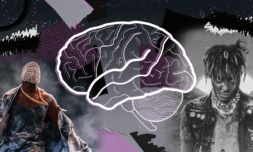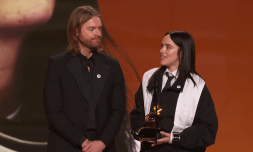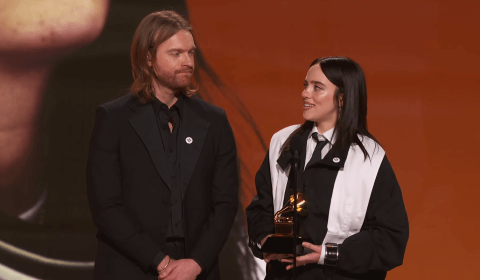How is the sports community reacting?
Many sports commentators have been quick to call the move ‘narcissistic’, ‘diva behaviour’, fuelled by ‘entitlement’ while rather uncreatively comparing her behaviour to that of other women in the spotlight who have reacted emotionally in the face of media attention.
Such narratives have led to thousands of tweets about the way the media scrutinises women – particularly women of colour – when they speak out about mental health.
Many fellow players view the conferences as part of the job, a (sometimes uncomfortable) element of being a tennis player that is an opportunity for PR and to keep viewers interested.
Some of the most supportive responses came from fellow athletes across various sports.
Serena Williams, who notoriously lost to Osaka in the 2018 US Open, offered her support, backing the decision to prioritise mental health over the sports competitions stating, ‘I wish I could give [Naomi] a hug because I know what it’s like.’
Tennis Legend Billie Jean King, NBA star Steph Curry, Olympic medallist Usain Bolt and several NFL players have all taken to social media to support Osaka’s decision.
Why is mental health in sport a neglected topic?
Discussions about mental health have become more commonplace in schools, in the workplace, and in media – but sport is one industry where conversations about mental health are only now gaining significant traction.
Perhaps this is because we take for granted the physical fitness and focused mentality required of professional athletes, assuming that these capabilities are an accurate reflection of their mental state.
But athletes aren’t the superhumans we often view them as. In fact, studies have shown that athletes who compete in individual-player sports over team sports are more likely to suffer from anxiety or depression due to intense pressure.
Even so, English Premier League football is dealing with its own issues with players mental health. Despite the No Room For Racism campaign being promoted on match days, players are continuously subjected to racial abuse online and on the pitch.
The harassment and threats – which seem to worsen after poor individual performance, or a game lost – have led players to temporarily boycott social media platforms to draw attention to the issue.
Will anything change?
In true Gen-Z fashion, Naomi Osaka has been a strong advocate for social change, supporting Black Lives Matter and promoting women’s role in sport. It should come as no surprise that she would eventually become an advocate for mental health.
Considering that speaking out about personal mental health is viewed as a brave move in most cases, it is shocking to see this type of divided response to her announcement.
However, Osaka’s exit from the tournament due to the mental stress of obligatory media engagement has left a few sports journalists wondering if they are in fact the ‘bad guys.’
It’s raised questions about the way interviews are conducted – immediately after a win/loss with full responsibility on the player to speak on performance rather than a manager – may not be appropriate.
This could mean imminent changes to the nature of interview timings, content of questions, and the attitudes of journalists.
In football, police investigations have been carried out to identify those responsible for sending racial abuse. On one occasion eight arrests were made.
It’s obvious that organisations are beginning to take seriously the issues that come with playing professional sport. So, when the highest paid female athlete in the world starts discussing mental health openly, it’s likely the world will listen.
We’ll have to see if the ball starts rolling when it comes to athletes and mental wellbeing.





















